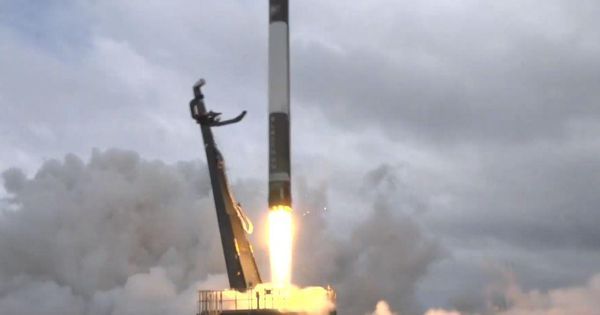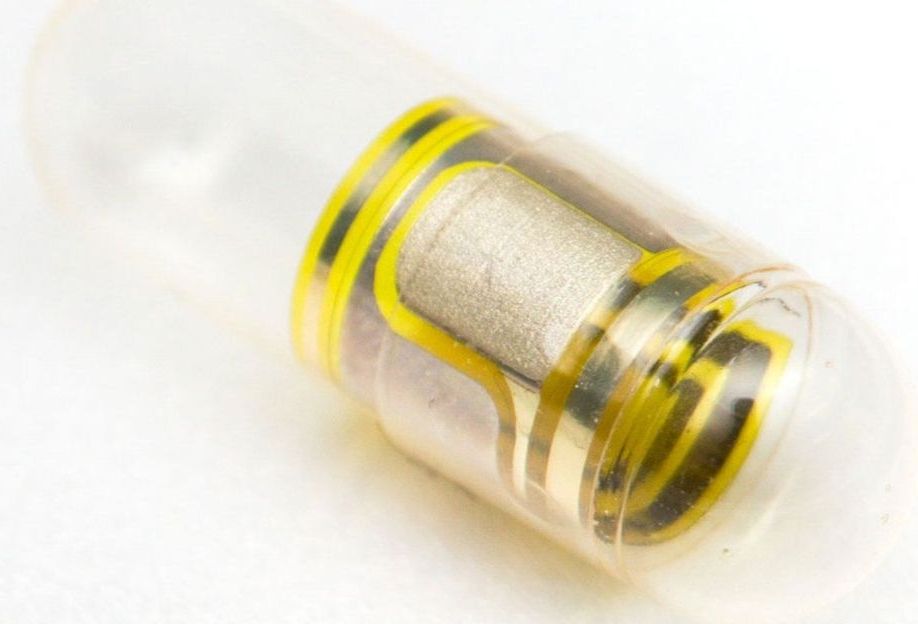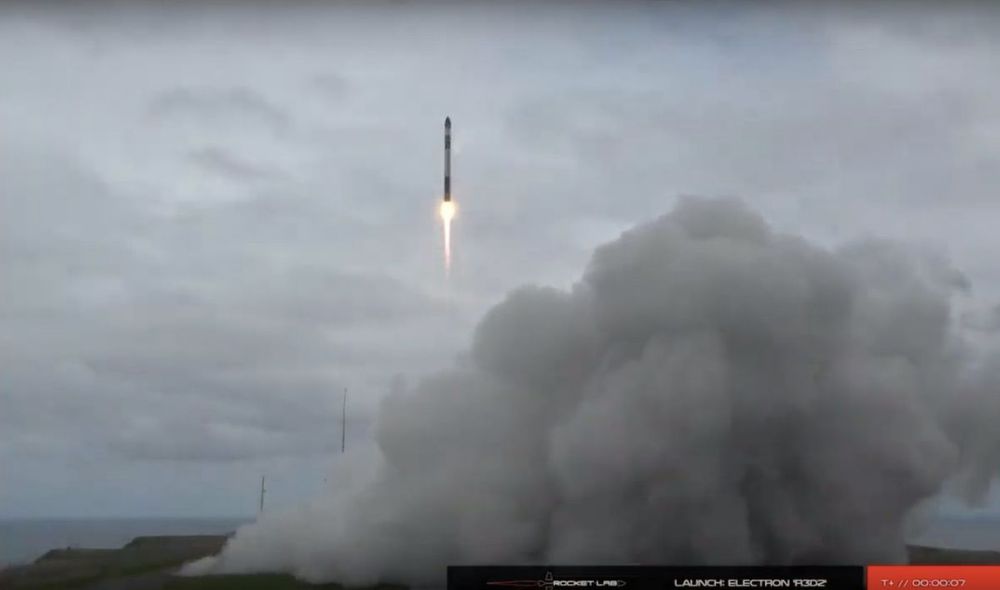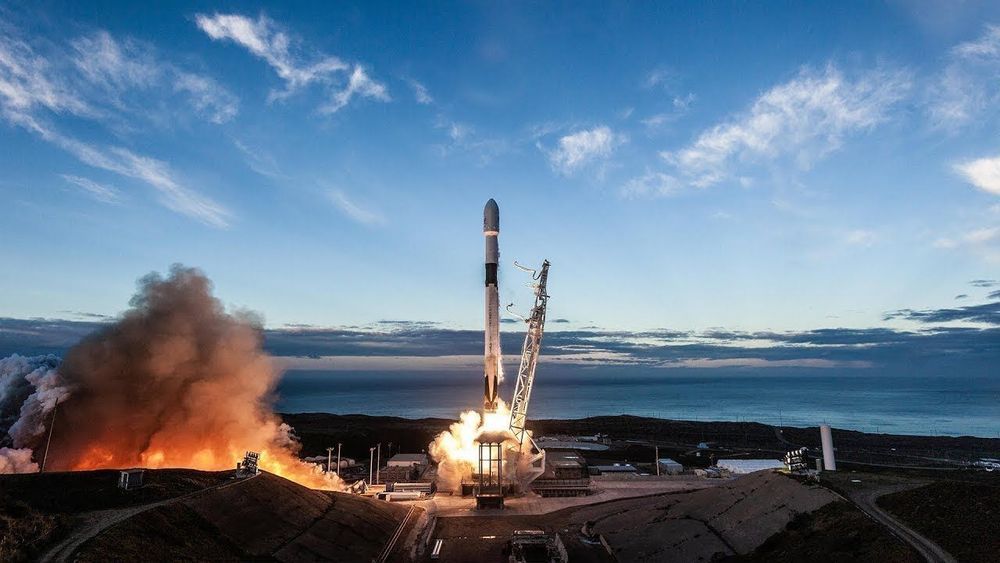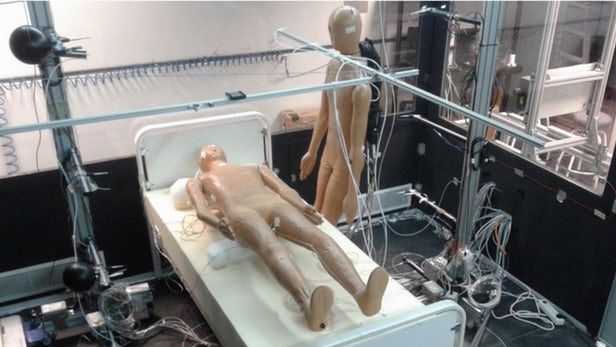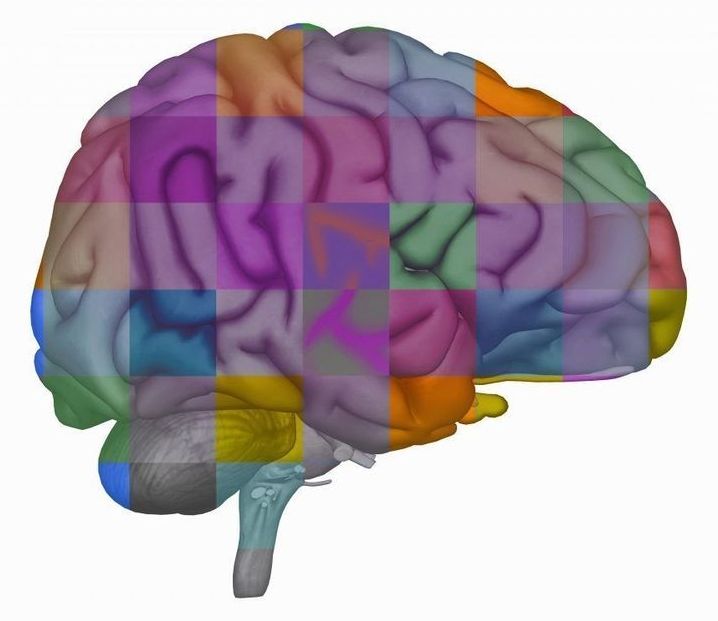Google’s new lab is indicative of a broader effort to bring so-called machine learning to robotics. Researchers are exploring similar techniques at places like the University of California, Berkeley, and OpenAI, the artificial intelligence lab founded by the Silicon Valley kingpins Elon Musk and Sam Altman. In recent months, both places have spawned start-ups trying to commercialize their work.
In 2013, the company started an ambitious, flashy effort to create robots. Now, its goals are more modest, but the technology is subtly more advanced.


